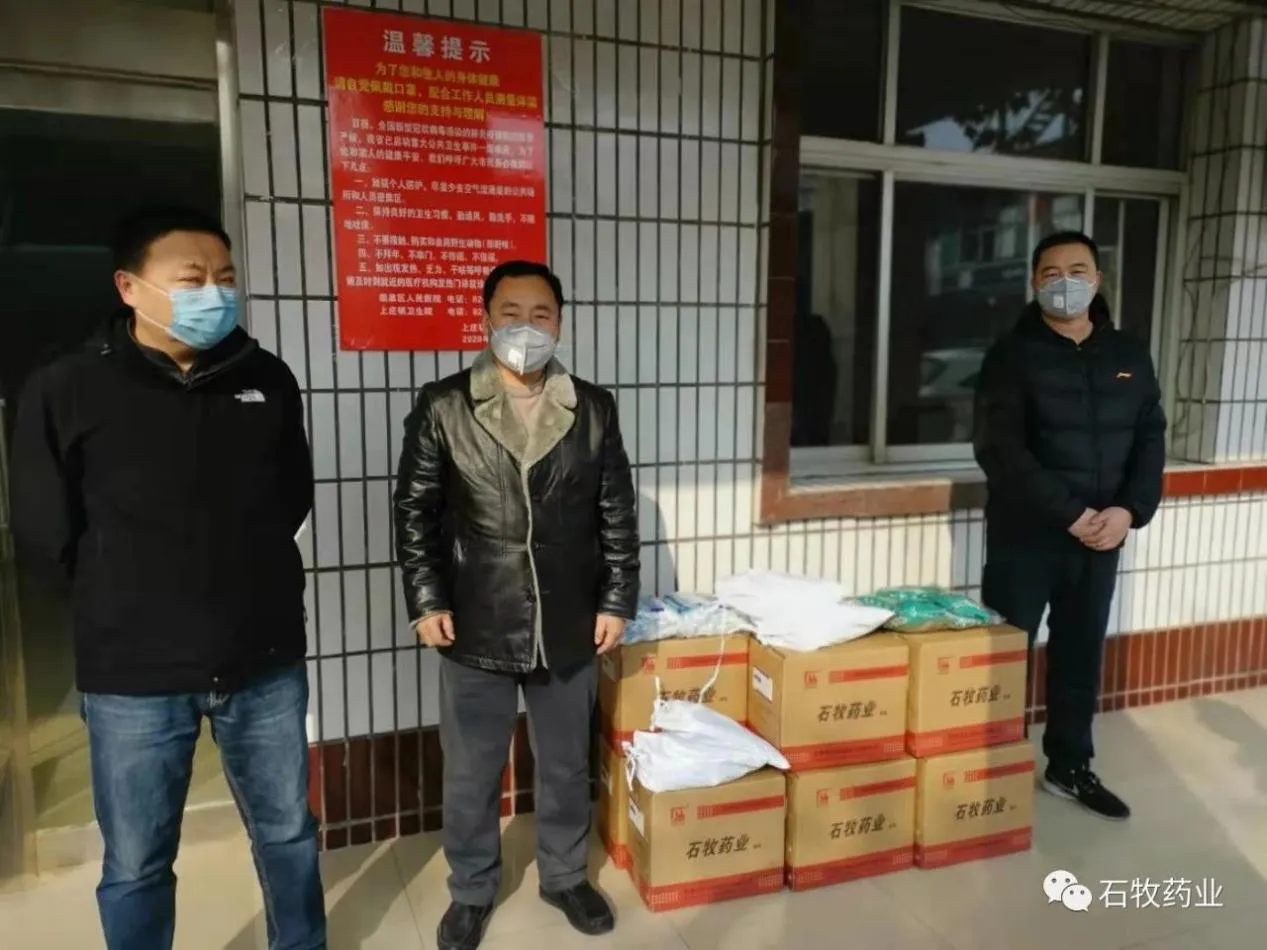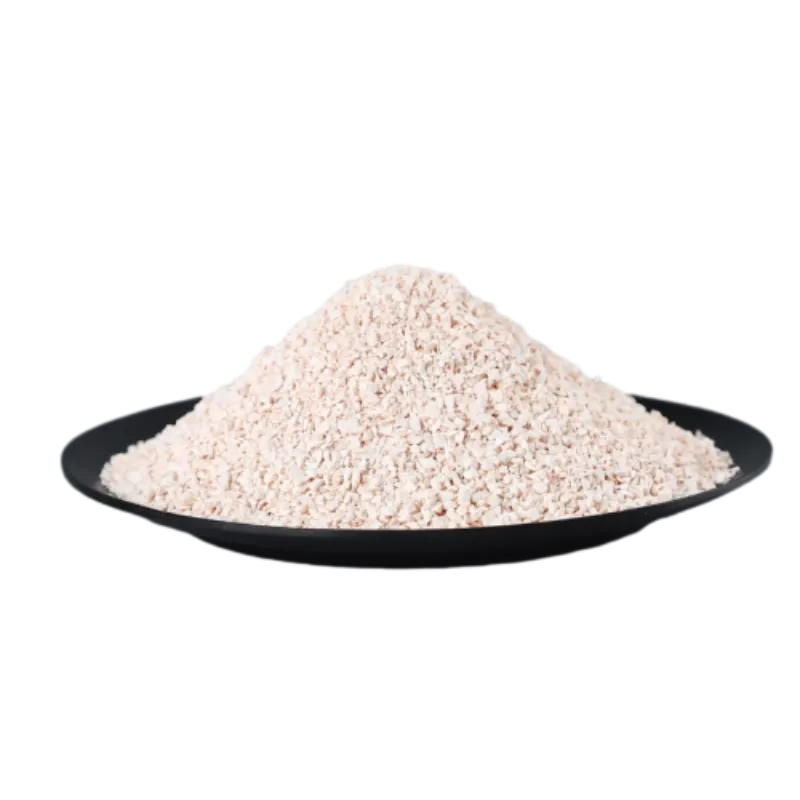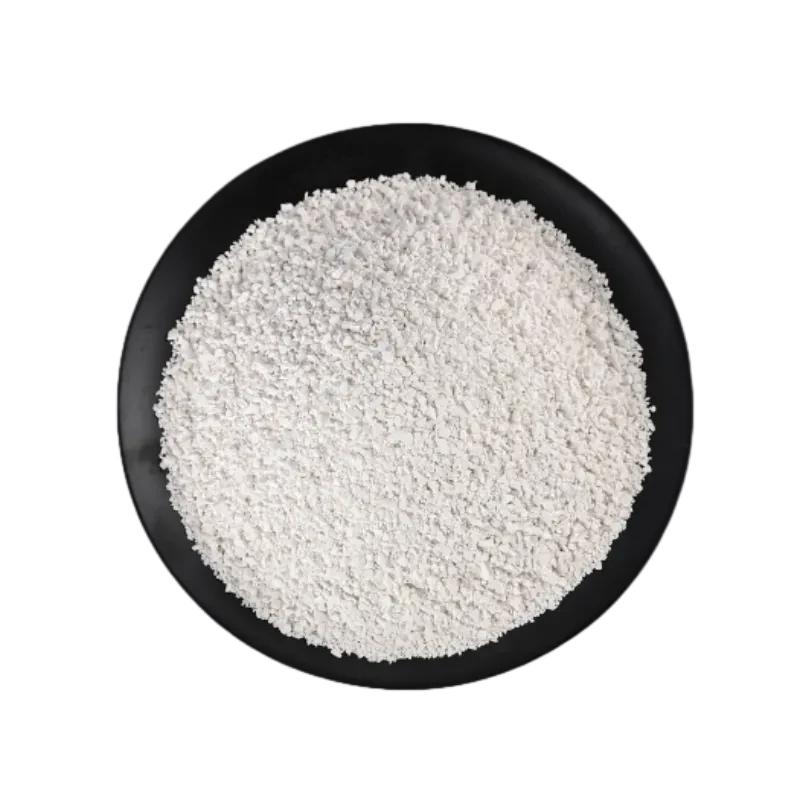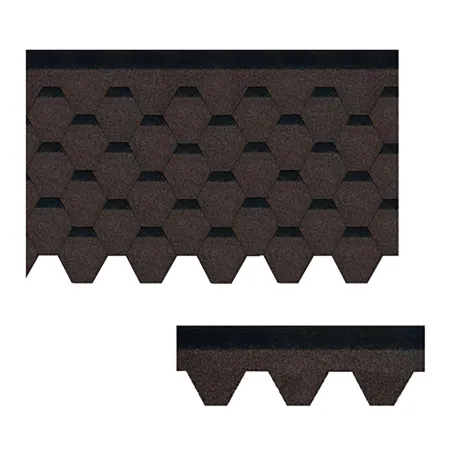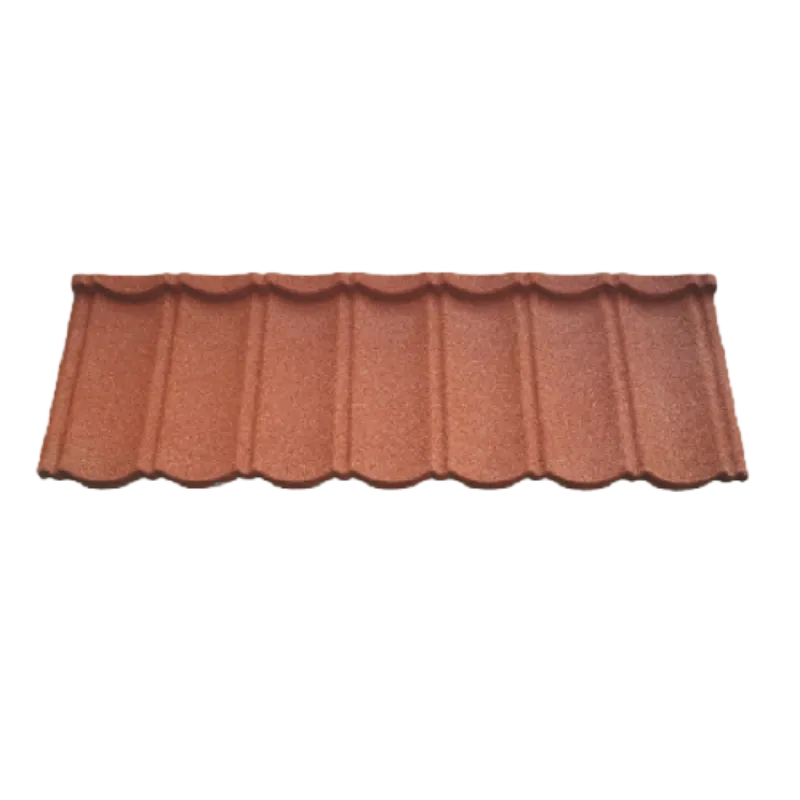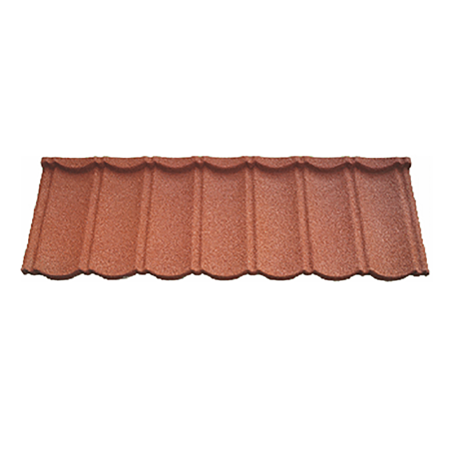Tick control is an integral aspect of cattle management that directly impacts animal health, farm productivity, and economic viability. The use of tick medicine, alongside integrated management strategies, can significantly mitigate the risks associated with tick infestations. By implementing various control measures and staying informed about the latest developments in tick management, farmers can protect their herds and enhance the sustainability of their operations. As research continues to advance, the development of new tick control products and methods will further improve the fight against these persistent pests.
